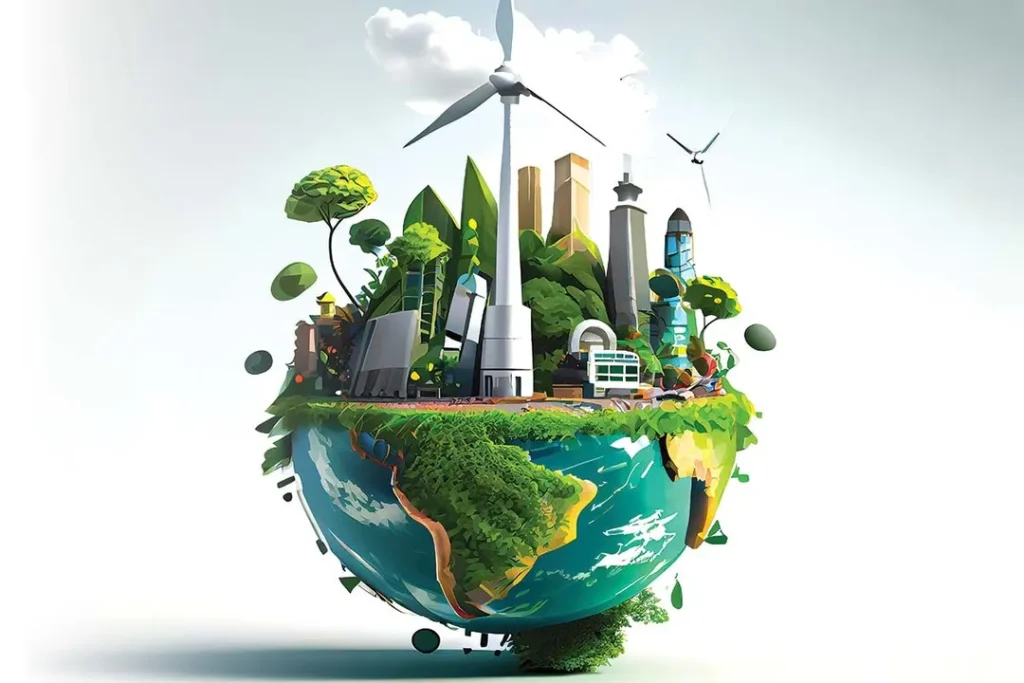The logistics industry is undergoing rapid changes as new technologies and evolving customer needs reshape how goods are transported and managed. To stay ahead, companies are implementing new approaches that improve operations, streamline processes, and increase overall efficiency. Below are five important innovations that are currently transforming logistics.
Artificial Intelligence and Machine Learning
Artificial intelligence and machine learning are playing a significant role in optimizing logistics operations. These technologies help companies plan efficient routes, forecast demand, and automate routine tasks. With AI-driven predictive analytics, businesses can anticipate disruptions and act before problems occur. In warehouses, machine learning tools support better inventory management, speed up order processing, and help reduce mistakes. The introduction of these technologies creates supply chains that are more responsive and cost-effective.
Automation and Robotics
Automation and robotics are changing the way warehouses and distribution centers function. Automated guided vehicles, robotic picking systems, and advanced conveyor systems limit the need for manual labor, while also improving accuracy and productivity. These solutions support continuous operations, cut down on errors, and make it possible to handle more orders quickly. As businesses scale up, automation helps maintain smooth operations, leading to improved customer satisfaction and lower operational costs.
Internet of Things (IoT)
The Internet of Things is now essential in logistics, making it possible to track and monitor shipments in real time. IoT-enabled sensors on vehicles, containers, and inventory help logistics providers monitor factors like location, temperature, and humidity. This level of transparency helps ensure that deliveries arrive on time and in ideal condition. It also builds trust between providers and customers. Additionally, the data collected from IoT devices supports better predictive analytics, enables proactive equipment maintenance, and helps allocate resources more efficiently across the network.
Sustainable Practices
With growing environmental concerns, sustainability is now a priority for logistics companies. Many are adopting electric and alternative fuel vehicles, carbon offset programs, and route optimization to cut emissions. Eco-friendly packaging is also becoming standard, supporting sustainable supply chains and compliance with environmental regulations. Patagonia serves as an example in this area, using renewable energy, waste reduction, and ethical labor practices throughout its supply chain. This approach not only benefits the environment, but also demonstrates what is possible for companies that prioritize sustainable operations.
Blockchain for Supply Chain Transparency
Blockchain technology is gaining attention for its ability to improve transparency and security along the supply chain. Its secure digital records allow for real-time tracking of products from origin to delivery, minimizing fraud and supporting regulatory compliance. This system helps build trust among everyone involved, from manufacturers to consumers, by verifying the authenticity of products and ensuring ethical sourcing. For highly regulated industries like pharmaceuticals and food, blockchain technology is especially valuable in making supply chains safer and more reliable.
Challenger Freight is among the companies exploring how blockchain can improve supply chain operations. Challenger Freight aims to deliver safe, reliable, and efficient transportation and logistics services to customers throughout Canada and the United States. New developments are raising standards for efficiency, transparency, and sustainability in logistics. The industry will need to address challenges like scaling new technology and training workers, but ongoing investments in innovation are expected to drive continued progress.

